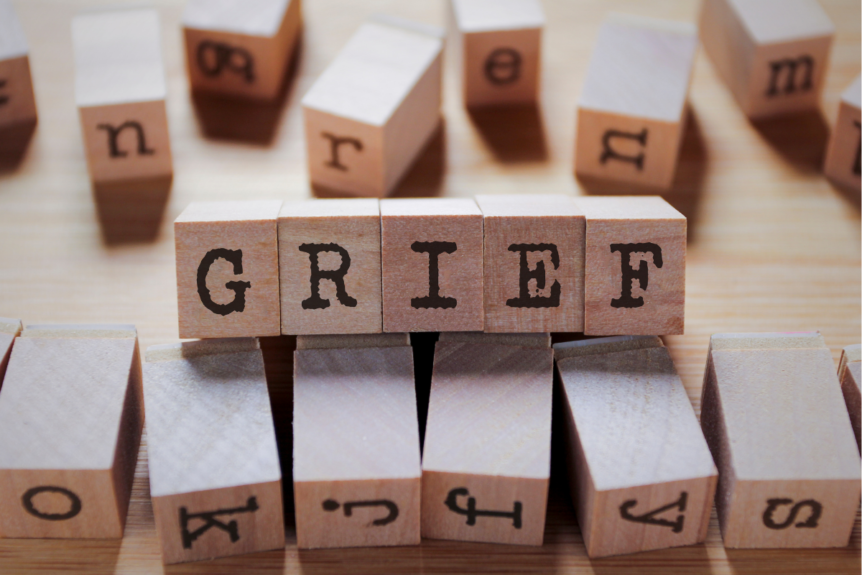Prolonged Grief Disorder – Our View on This New Diagnosis
Over the last several weeks, colleagues in the field, the general public, and our own Good Grief community have become aware of the most recent diagnosis included in the Diagnosis and Statistical Manual of Mental Disorders.
The new diagnosis, “Prolonged Grief Disorder,” provides a timeline – 1 year – as one marker among a series of criteria, for helping medical professionals better understand what “normal” grief looks like and what might indicate a long-term problem. Unfortunately, any deadline perpetuates the dysfunction in our culture and communities that grief has an end date. Deviation from that arbitrary benchmark further stigmatizes grief and those that grieve.
Our Good Grief families often share the familiar refrains they hear from even well-meaning friends who encourage them to “snap out of it,” “just move on” or “forget the past.” Like other issues in our society, decades of research on prolonged grief disorder have been distilled to a soundbite.
At Good Grief, we counter labels with compassion and support. From our experience since 2004 serving thousands of children and families who have lost a family member or someone close to them, we know that grief does not have a timeline (nor a definitive starting point). Grief is not linear but circular, even doubling back on itself prompted by holidays, anniversaries or other life events. Progress is not evenly paced; equilibrium is frequently preceded by confusion. Grief is complicated and, unless it causes a major deficit in one’s day-to-day functioning, one is encouraged to experience emotions.
At Good Grief, we bring grieving people together to form a compassionate and caring community that supports and grows alongside one another. Through our program, children and families are equipped with tools to navigate their grief today and for the remainder of their lives. Families are always welcome to return to Good Grief, even after they participate in their “closing.” Children continue to process their grief at different developmental stages and parents and caregivers know that they can always turn to us to support them.
Our peer support programs, and similar programs where people are supported in a setting that normalizes grief, provide measurable and lasting benefits for each person’s distinct path forward. Our advice:
- If you are grieving, consider joining our programs
- If you know an individual or family who is grieving, refer them to Good Grief
- If you want to learn more, visit our website and resource page to learn how to support people in your life who are grieving

